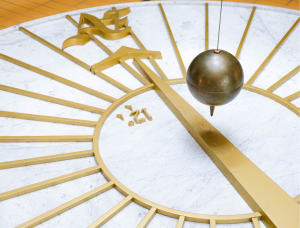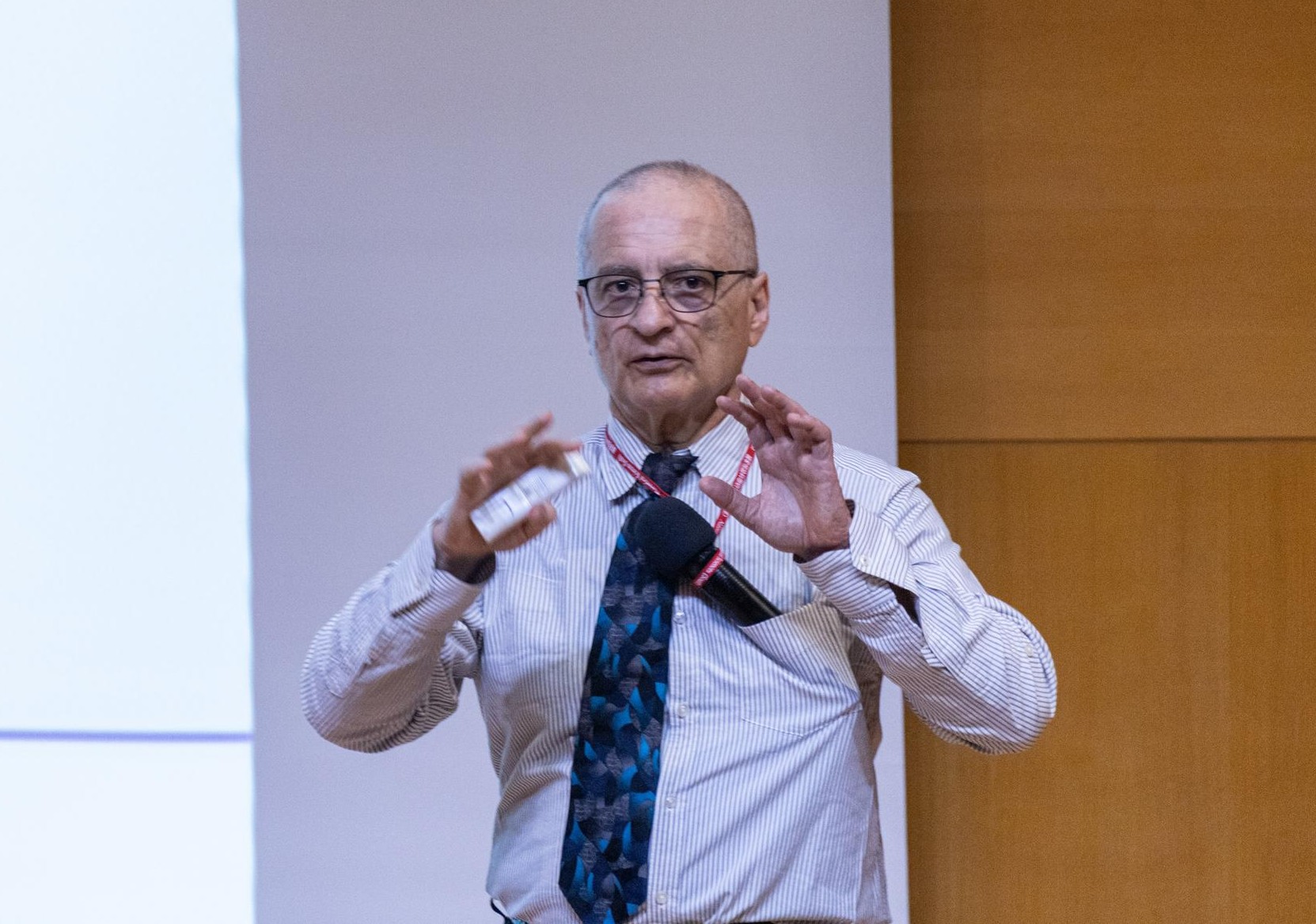Uprzejmie informujemy, że w ramach Wykładów im. Stanisława Ulama w Szkole Nauk Ścisłych 13 maja 2024 r. o godz. 16:00 w Auditorium Maximum na Wydziale Fizyki UAM, odbędzie się wykład pt. „Artificial neural networks and Machine Learning applied to Quantum Physics”.
Wykład wygłosi Prof. Franco Nori (Theoretical Quantum Physics Laboratory, Center for Quantum Computing, RIKEN, Japan ;Physics Department, The University of Michigan, Ann Arbor, USA).
Abstrakt:
This talk is geared to an audience of mostly physicists, mathematicians, and computer scientists. It turns out that, over 70 years ago, a physicist (Fermi), a mathematician (Ulam), and a computer scientist (Pasta) worked together in a very important problem, that had a huge impact in the development of nonlinear dynamics, chaos, solitons, and studies of thermalization in statistical mechanics. Thus, I would like to briefly summarize the initial history of this very interesting problem, involving Stanislav Ulam and his collaborators. The Fermi-Pasta-Ulam problem initially posed a paradox but ultimately led to a significant discovery. Enrico Fermi, John Pasta, and Stanislav Ulam introduced it in the early 1950s to explore fundamental principles of equilibrium statistical mechanics, such as energy equipartition and ergodicity. Employing the MANIAC-I computer at Los Alamos, they numerically integrated equations of motion for a carefully selected one-dimensional harmonic chain of mass points subject to weak nonlinear forces. Their expectation was that the system would converge towards equilibrium, with energy evenly distributed across all degrees of freedom. However, contrary to their anticipation, the system displayed nearly periodic behavior. This apparent contradiction was later elucidated by the revelation of solitons—localized waves that maintain their shape as they propagate. Consequently, the Fermi-Pasta-Ulam problem has evolved into a pivotal aspect of modern nonlinear mechanics and has undergone extensive scrutiny and analysis for the past 70 years. The solution to the puzzle they were studying involved the use of computers, at that time relatively new. This is because complex problems require the use of powerful computational tools. Most of this talk will be devoted to presenting (far more recent and far more powerful) computational techniques in artificial intelligence (AI), which are impacting all aspects of science, engineering, and society in general. The talk will present some basic aspects of simple artificial neural networks and machine learning (ML), and how these can be applied to the study of several problems in quantum physics and quantum information science. Entire flagship research programs are being devoted all over the world to study these two areas of research (AI and quantum information), and we will very briefly overview some aspects of both.
O Autorze:
Prof. Franco Nori a Chief Scientist at RIKEN, and a Research Scientist at the University of Michigan. His research group has done interdisciplinary studies at the interface between nanoscience, dissipative quantum open systems, quantum information processing, superconducting quantum circuitry for quantum computing, photonics, quantum optics, atomic physics, nano-mechanics, computational physics, and condensed matter physics. He has been listed by the Web of Science as a "Highly Cited Researcher” (less than 0.1% of scientists are selected) in Physics for the past seven consecutive years.
He is an Elected Fellow of the: American Physical Society, the UK’s Institute of Physics, the Optical Society of America, and AAAS. He received several research awards, most recently, the 2023 W.E. Lamb Award and the 2024 Charles Townes Medal, both for research on Quantum Optics, Quantum Electronics and Quantum Information. He is an Elected Member of the Academia Europaea, the Latin American Academy of Sciences, and a Foreign Member of the Swedish Royal Society of Arts and Sciences, in Gothenburg, Sweden.
Na fotografii - Prof. Franco Nori.
Chair: Prof. dr hab. Michał Banaszak

